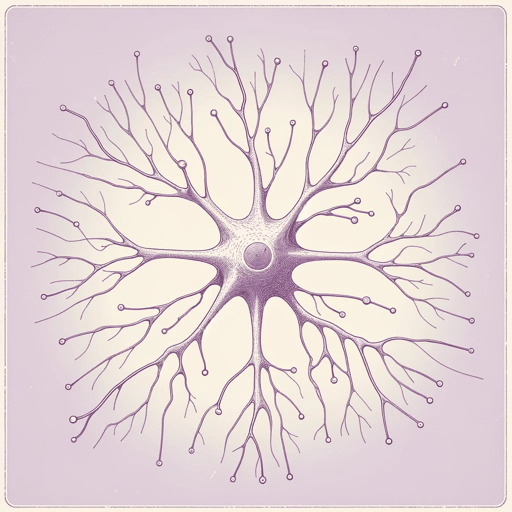49 pages • 1 hour read
Daniel CoyleThe Talent Code: Unlocking the Secret of Skill in Sports, Art, Music, Math, and Just About Everything Else
Nonfiction | Book | Adult | Published in 2018A modern alternative to SparkNotes and CliffsNotes, SuperSummary offers high-quality Study Guides with detailed chapter summaries and analysis of major themes, characters, and more.
Background
Philosophical Context: Nature Versus Nurture in the Realm of Skill Development
The debate between “nature” and “nurture” is a longstanding and fundamental question in the realm of talent. At its core, this debate explores the relative importance of innate, genetic factors (nature) versus environmental, experiential influences (nurture) in shaping an individual’s abilities and skills.
The “nature” side of the debate suggests that genetics and inherent traits play a significant role in determining an individual’s skill development. Proponents of this viewpoint argue that certain abilities are hardwired into our DNA, and a person’s potential in a particular skill or domain is largely predetermined by their genetic makeup. For example, proponents of the “nature” perspective might argue that a person’s physical attributes, such as height or muscle fiber composition, are critical factors in their ability to excel in sports like basketball or sprinting.
On the other hand, “nurture” emphasizes the importance of environmental factors and experiences in skill development. Advocates of this viewpoint argue that skills are largely learned and developed through exposure, practice, and instruction. They contend that with the right environment, training, and opportunities, individuals can acquire expertise in almost any domain, regardless of their initial genetic predispositions. For instance, someone advocating the “nurture” perspective might argue that a child’s early exposure to music and consistent practice can lead to exceptional musical talent, even if there is no genetic predisposition.


